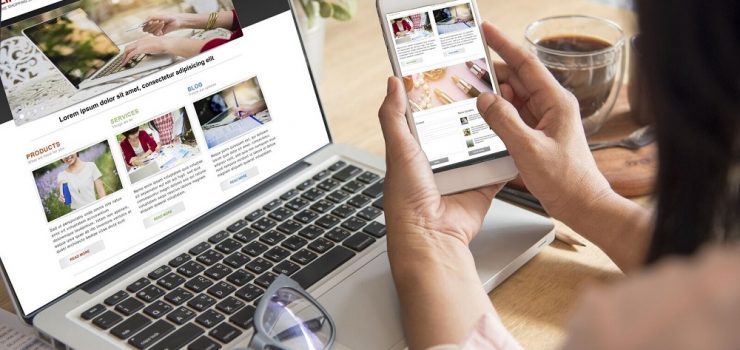Something I find surprisingly common, and also a little frustrating, is working with businesses that don’t keep their personal and business finances separated. It’s a very simple thing to do and makes an enormous difference. Businesses that have client income paid directly into the owner’s personal bank account, or have money coming out of the business for purely personal reasons, are mixing their business and personal finances in a way that can potentially harm the business.
The process of setting up a separate business account isn’t difficult, nor is it expensive and is something that must be done when any business commences. Start by creating a business cheque account and have all income deposited and bills paid from this account. Next thing to do is get a business credit card that is entirely for business use (and the interest accrued can be deducted as a business expense). After that, pay yourself a salary by setting up a direct deposit from your business account to your personal account for the same amount each month. Depending on your circumstances you’ll need to consider payroll issues like tax withheld, superannuation contributions and other entitlements but this will help you maintain a sustainable business budget and paying yourself a set salary will help maintain the necessary boundaries between personal and business finances.
Keeping personal and business expenses separate also means your accounting and bookkeeping requirements will be simpler and save you money. Hiring a bookkeeper or accountant and having them spend time sorting through mixed up personal and business transactions will be expensive. Not keeping funds separate also makes it far more difficult to keep your accounting file accurate and staying compliant for tax reporting. Filing your personal and business income tax returns from the same account will lead to confusion and cause you to potentially miss out on tax write-offs and deductions. It will also be difficult to tell what your exact profit and expenses are. With a good financial system, everything is in one place from where reports can be easily generated. It makes life much easier at BAS and tax time. If your business was to get audited you need to keep all your invoices and expenses separated to substantiate your financial activity. If you’ve mix your personal and business finances in one bank account, this becomes much harder.
When your business and personal finances are mixed and you can’t track income and expenses easily, it also makes it very difficult to borrow money from a bank or potential investor because they won’t trust you to manage your finances properly. Businesses with mixed finances also tend to be viewed more like a hobby than a professional going concern by financial institutions. You can prove more easily that you are a genuine business, and not a hobby, if you have a separate business bank account, business cards, and a well-maintained set of accounts.
Finally, if someone was to sue your business, your personal assets are at risk when your finances are combined in the same accounts. There needs to be sufficient distance between your personal and professional finances. Along with separate bank accounts, creating a separate business entity helps to protect your personal assets. This is a major reason why you would choose a limited liability company structure over a sole trader model, and highlights why personal and business finances should not be mixed. With electronic banking it can be easy to let money slide freely between personal and business accounts, but maintaining a distinct separation is very important and essential to ensuring the long-term success and growth of your business.

